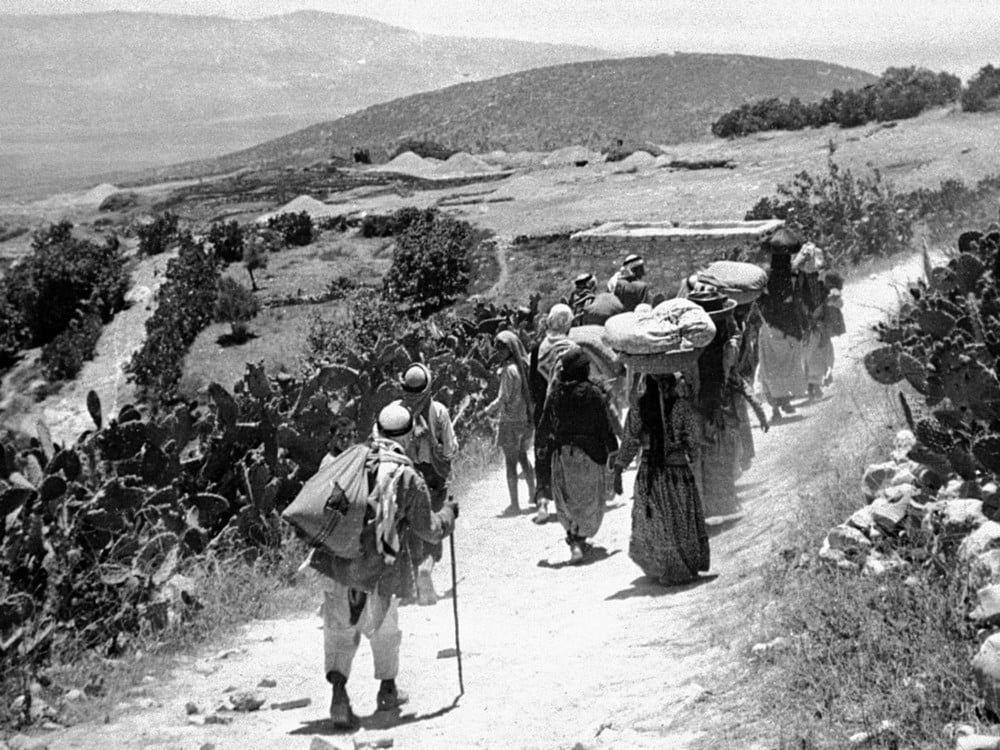Support Palestinian Refugees
This May 15, Palestinians commemorate 75 years of displacement and dispossession. The Nakba, or “catastrophe,” is how Palestinians remember and refer to the events surrounding the declaration of the establishment of Israel in May 1948, when more than 400 Palestinian towns and villages were destroyed, and more than 750,000 Palestinians became refugees, fleeing to the West Bank, Gaza, Jordan, Lebanon, Syria, and other countries.
Those original refugees and their descendants today number more than 5.5 million people registered with the United Nations Relief and Works Agency (UNRWA), which was created in 1949 to serve the needs of Palestinian refugees. The total number of Palestinian refugees is over 7 million. Many of these refugees still live in overcrowded semi-permanent refugee “camps” in the Middle East with no clear future, despite UN resolutions affirming their rights to return to their homes and compensation for their losses.
While humanitarian principles require that U.S. assistance to the Palestinian people should not be restricted for political reasons, unfortunately that has not been the case in recent years. In FY 2012, the U.S. allocated almost $400 million for UNRWA, which was diminished to zero by FY 2019. The Biden administration, with Congress, has taken significant steps to restore, partially, this assistance, however much more is desperately needed.
UNRWA is confronted with an increased demand for services resulting from a growth in the number of registered Palestine refugees, the extent of their vulnerability and their deepening poverty. UNRWA is funded almost entirely by voluntary contributions and financial support has been outpaced by the growth in needs. As a result, the UNRWA Program Budget, which supports the delivery of core essential services, operates with a large shortfall.

